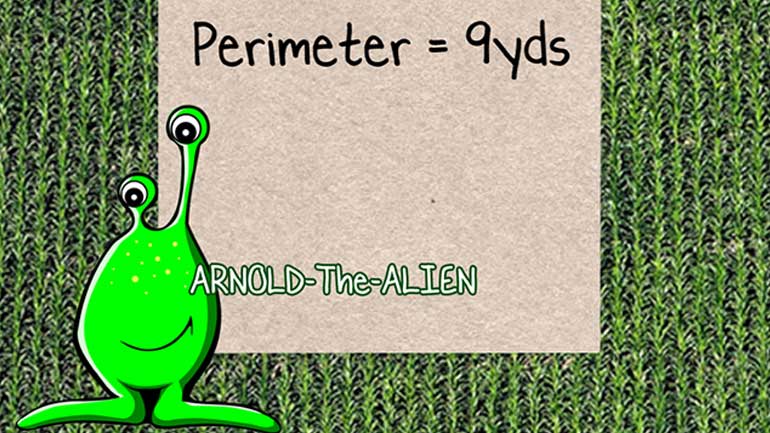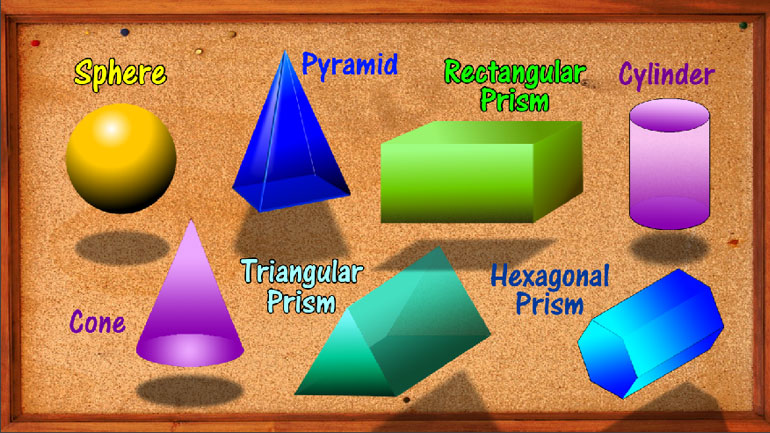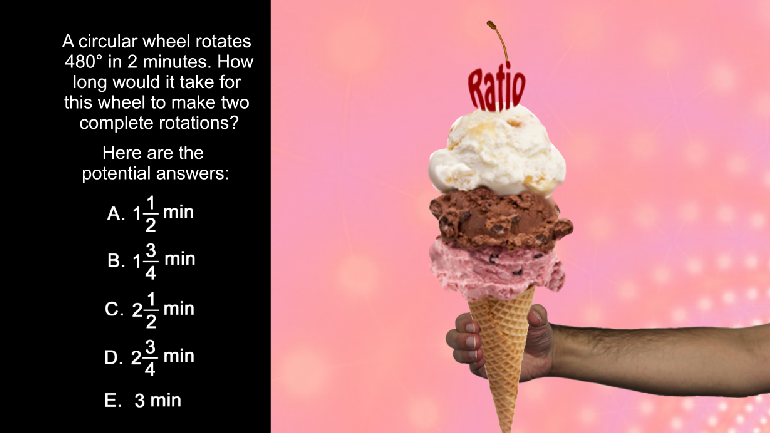ShmoopTube
Where Monty Python meets your 10th grade teacher.
Search Thousands of Shmoop Videos
Conditional Statements 2509 Views
Share It!
Description:
If you already know what a conditional statement is, then you're smarter than you look. And boy do you look smart.
Transcript
- 00:04
Conditional Statements, a la Shmoop Some statements we make are more than just
- 00:09
statements of fact or fiction.
- 00:11
Like… “Grandma, you look incredible after your makeover.” Who’s to say which category
- 00:16
that particular statement belongs to?
- 00:21
Some statements are conditional.
Full Transcript
- 00:23
Conditional statements are "If-Then" statements that have two parts: a hypothesis and conclusion.
- 00:30
The hypothesis comes after the "if" and tells us the condition that must be satisfied. The
- 00:37
conclusion comes after the "then" and tells us what happens if the hypothesis is true.
- 00:43
They usually take the form: "If hypothesis, then conclusion."
- 00:47
"If I do well on all my tests, then I will get all A's this semester."
- 00:51
"If it walks like a duck and quacks like a duck, then it's probably a duck."
- 00:56
"If you liked it, then you should have put a ring on it."
- 01:00
Keep in mind that a conditional statement is only applicable if the hypothesis is true.
- 01:06
If you liked it, then you should have put a ring on it.
- 01:09
But we can't tell you what you should or shouldn't have done if you didn't like it. That's for
- 01:13
Beyoncé to decide. Of course, mathematicians prefer numbers and
- 01:17
symbols to long and complicated sentences…
- 01:19
…so they came up with a way of representing conditional statements in a different way.
- 01:23
The statement "If hypothesis P, then conclusion Q" can represented by drawing an arrow from
- 01:30
P to Q. But not all conditional statements take the
- 01:34
"If-Then" form.
- 01:35
Some of them might look like, "All hypothesis conclusion" or "Conclusion whenever hypothesis."
- 01:43
Sneaky little devils.
- 01:44
How can we write, "All dogs go to heaven" in P Q form?
- 01:49
First, let's write it as an If-Then statement.
- 01:52
All dogs go to heaven means that…
- 01:54
…if we're talking about a dog, then it will go to heaven.
- 01:58
We want to put that statement into P Q form, which looks like this.
- 02:01
So really, all we need to do is replace our P with our hypothesis and Q with our conclusion.
- 02:08
Since our statement is, "If it is a dog, then it will go to heaven"…
- 02:11
…our hypothesis is, "It is a dog"…
- 02:13
…and our conclusion is, "it will go to heaven."
- 02:17
Draw an arrow in between them, and we've done it. We can even condense it further and maybe
- 02:22
save a few trees. We have one last conditional statement for
- 02:26
you before you go.
- 02:27
IF you learned something from this video, THEN you just got a little bit smarter.
- 02:32
We did say a little bit.
Up Next
Haven't you always wondered how much cardboard it takes to encase a trunk warmer for your pet elephant?
Related Videos
Want to figure out the area and perimeter of irregular shapes? Break them down into regular shapes. For example, a flower can be broken down into s...
It's one thing when all those shapes are sitting flat on the page. But when they start popping out and invading our personal space bubble, we get a...
Does thinking about 3D Geometry get you bent out of shape? Never fear! Watch this video and figure out some fun new shapes to bend back into. We're...
ACT Math: Plane Geometry Drill 3, Problem 5. How long would it take for the wheel to make two rotations?



